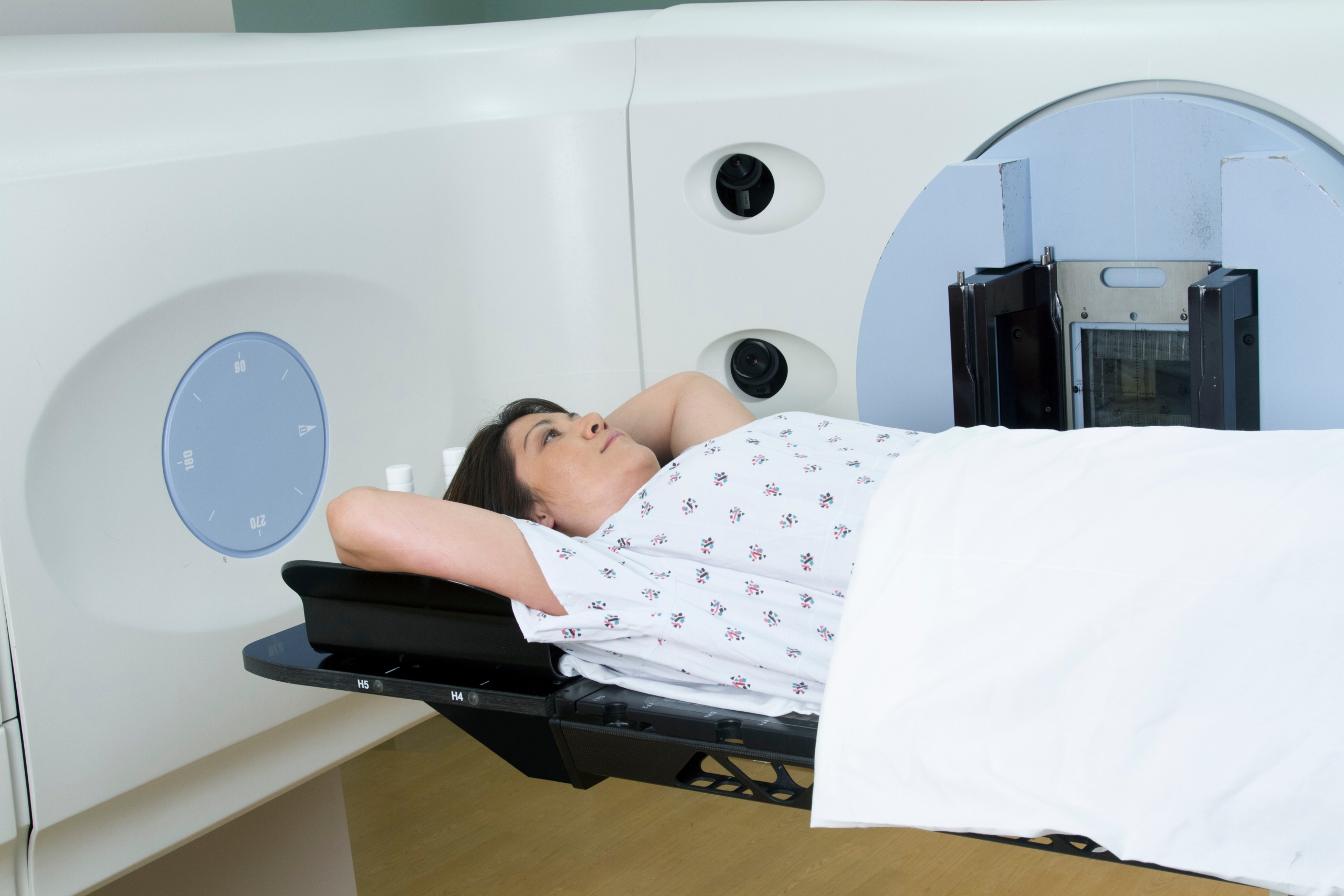Lung cancer is the leading cause of cancer-related deaths worldwide. It’s a devastating disease that often goes undetected until it reaches an advanced stage, making treatment more challenging. To combat this, November is designated as Lung Cancer Awareness Month, a time to raise awareness about the disease, its risk factors and the importance of early detection.
Who is at Risk to Develop Lung Cancer?
While anyone can develop lung cancer, certain factors increase your risk. These include:
- Smoking: The most significant risk factor is smoking, both current and former smokers, especially those who have smoked for 10 years or more.
- Exposure to secondhand smoke: Even if you don’t smoke, inhaling secondhand smoke can increase your risk.
- Exposure to radon: Radon is a naturally occurring radioactive gas found in some homes and can increase the risk of lung cancer.
- Exposure to asbestos: Asbestos exposure, primarily in occupational settings, is linked to lung cancer.
- Family history of lung cancer: Having a family member with lung cancer can increase your risk.
The Importance of Early Detection
Early detection of lung cancer is crucial for improving treatment outcomes and increasing survival rates, which is why regular screenings are recommended for individuals at high risk.
The National Lung Screening Trial (NLST) demonstrated the effectiveness of low-dose computed tomography (LDCT) screenings in detecting lung cancer at an early stage. This type of screening uses X-rays to take images of the lungs.
Individuals between the ages of 50 and 80 with a history of smoking may be eligible for regular lung cancer screenings.

Treatment Options for Lung Cancer
Treatment for lung cancer depends on the stage of the disease and the patient’s overall health. Common treatment options include:
- Surgery: For early-stage lung cancer, surgery may be an option to remove the tumor.
- Chemotherapy: Using drugs to kill cancer cells.
- Radiation therapy: Using high-energy rays to kill cancer cells.
- Targeted therapy: Using drugs that target specific molecules involved in the growth and survival of cancer cells.
- Immunotherapy: Stimulating the immune system to fight cancer cells.

The choice of treatment will be determined by a healthcare professional based on individual factors. Studies have also shown that patients treated in a multidisciplinary program have improved outcomes related to their cancer treatments. In a multidisciplinary program, your care team might include the following providers who will discuss your treatments options, provide care and monitor your progress:
- Thoracic surgeon
- Pulmonologist
- Medical Oncologist
- Radiation Oncologist
- Pathologist
- Radiologist
- Palliative care team.
If you are at high risk for lung cancer, it’s essential to discuss lung cancer screening options with your doctor. By raising awareness about lung cancer and encouraging regular screenings, we can significantly improve outcomes.

